Helping children find answers for themselves
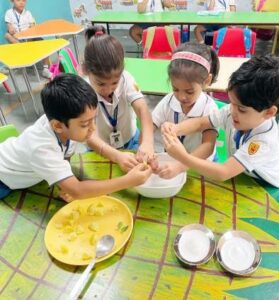
Developing a
healthy body
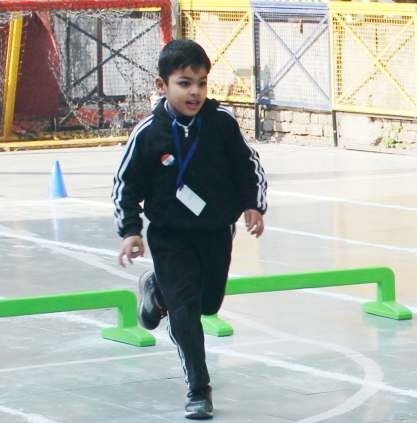
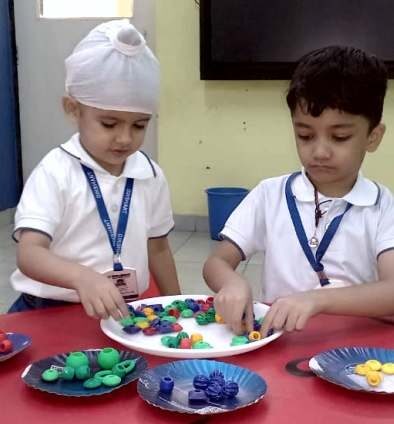
Helping children find answers for themselves

Developing a
healthy body
Helping children find answers for themselves

Helping children
express thoughts,
emotions and feelings
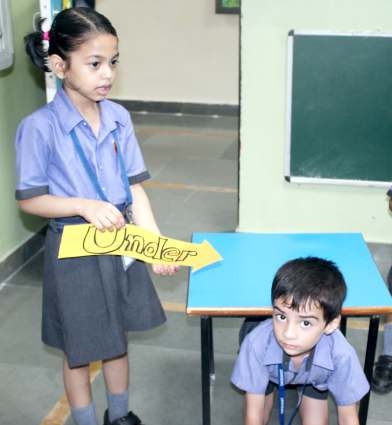
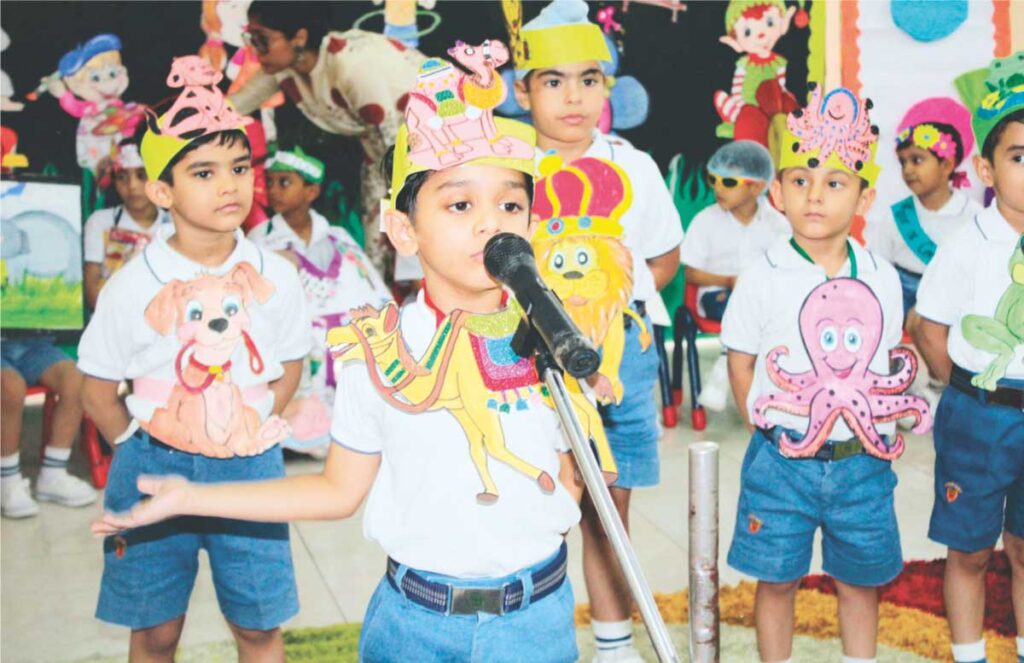
The curriculum in our Kindergarten is firmly rooted in celebrating the joy of ‘Unhurried childhood’
In these years, the child experiences the whole world through their senses. In kindergarten, the child enriches their imagination through stories, explores the world around them through free play and develops social relationships with one another. The joyful and secure environment enables children to find their own trajectory of exploration while making sense of their new world. Learning in this way transforms them into lifelong learners.
The Curriculum
In Kindergarten, the school follows a curriculum that promotes the development of multi-skilled, confident, independent, and articulate children who love to learn.
The curriculum caters to three age groups in a cohesive manner:-
Formative Year 1/Pre-Nursery: 2 – 3 Years
Formative Year 2/Nursery: 3 – 4 Years
Formative Year 3/LKG: 4 – 5 Years
Formative Year 4/UKG: 5 – 6 Years
The Curriculum has 10 theme-based workbooks.
What is Waldorf Education?
Developed by Rudolf Steiner in 1919, Waldorf Education is based on a developmental approach that addresses the needs of the growing child and maturing adolescent. Through this, we strive to transform education into an art that educates the whole child—the heart and the hands, as well as the head.
Instead of …. “A child builds skills in six different areas of development. These developmental areas are:”
Helps in developing:
Important Activities:
Helps in developing:
Important Activities:
Helps in developing:
Important Activities:
Helps in developing:
Important Activities:
Helps in developing:
Important Activities:
Dikshant was founded in 2002 with just 35 students and a small team of dedicated teachers. At Dikshant, we are committed to nurturing talent, expanding horizons, and fostering personal growth in every student.
QUICK LINKS
Let’s Connect
Dikshant Global School
Savitry Green 2, VIP Road, Zirakpur, India.
dikshantglobal@gmail.com
(+91) 84276 64878
Dikshant International School
NH-22, Zirakpur-Panchkula Kalka Highway, Zirakpur, India.
dikshantint@gmail.com
(+91) 92572 14796
(+91) 97799 35504
Design and Developed by – IT Geek Studio
© 2025 All Rights Reserved